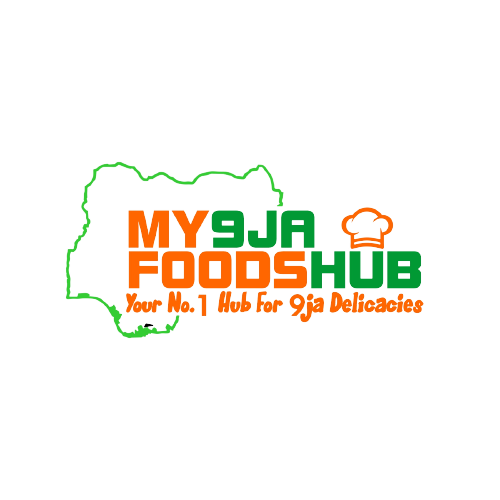During Ramadan, Muslim faithfuls observe fasting from dawn until sunset, abstaining from food, drink, smoking, and other physical needs. Observing a balanced and healthy diet during the non-fasting hours is essential to ensure that the body receives adequate nutrition and hydration. Here are some important points to note regarding diet during Ramadan:
- Suhoor (Pre-Dawn Meal):
- Suhoor is the pre-dawn meal consumed before the fast begins at dawn. It’s essential to eat a balanced meal during Suhoor to provide sustained energy throughout the day.
- Include complex carbohydrates (such as whole grains, oats, and brown rice), protein (such as eggs, dairy, beans, and nuts), and healthy fats (such as avocado, olive oil, and nuts) in Suhoor to help you feel fuller for longer.
- Drink plenty of water to stay hydrated during Suhoor, as adequate hydration is crucial for maintaining energy levels and preventing dehydration throughout the day.
- Iftar (Breaking the Fast):
- When breaking the fast at sunset (Iftar), start with a few dates and a glass of water to replenish glucose levels and rehydrate the body.
- Consume a balanced meal that includes carbohydrates, protein, healthy fats, and fiber to provide energy and essential nutrients.
- Incorporate hydrating foods such as fruits and vegetables, soups, and yogurt to replenish fluids lost during the day.
- Avoid consuming excessive amounts of fried and fatty foods, sugary snacks, and processed foods, as they can lead to feelings of sluggishness and fatigue.
- Portion Control:
- Practice moderation and portion control when consuming meals during Suhoor and Iftar to prevent overeating and digestive discomfort.
- Aim to eat slowly and mindfully, paying attention to hunger and fullness cues to avoid excessive consumption.
- Balanced Diet:
- Focus on consuming a variety of nutrient-dense foods from all food groups, including fruits, vegetables, whole grains, lean proteins, and healthy fats.
- Include foods rich in vitamins, minerals, and antioxidants to support overall health and well-being during Ramadan.
- Hydration:
- Drink plenty of water between Iftar and Suhoor to stay hydrated and prevent dehydration, especially in hot weather or if engaging in physical activity.
- Limit consumption of caffeinated and sugary beverages, as they can contribute to dehydration and disrupt sleep patterns.
- Avoid Excessive Caffeine and Sugary Foods:
- Limit consumption of caffeinated beverages such as coffee and tea, as they can increase urine production and lead to dehydration.
- Minimize intake of sugary foods and beverages, as they can cause rapid spikes and crashes in blood sugar levels, leading to fatigue and cravings.
- Monitor Health and Seek Medical Advice:
- Individuals with pre-existing health conditions or those who are pregnant, breastfeeding, or elderly should consult with a healthcare professional before making significant changes to their diet or fasting routine during Ramadan.
- Monitor your health closely during Ramadan, and if you experience any adverse symptoms or health concerns, seek medical advice promptly.
By following these guidelines and paying attention to your body’s needs, you can maintain a healthy and balanced diet during Ramadan while observing the fast. Remember that Ramadan is a time for spiritual reflection, self-discipline, and community, and prioritizing your health and well-being is essential to fully benefit from this sacred month.






